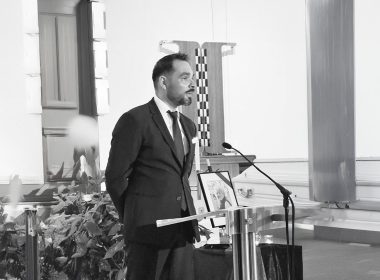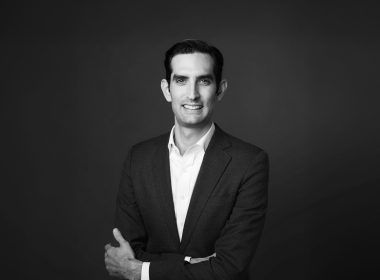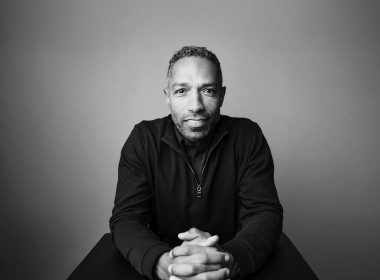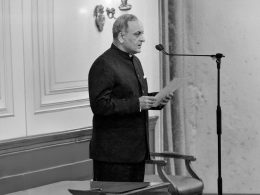Leadership candidates who excel in nonprofit environments understand that challenges are part and parcel of the landscape. Whether an organization is undergoing a funding shift, a cultural reset, or a succession in leadership, honest dialogue during interviews signals both integrity and confidence. Lori Clement, Partner at DRG Talent, believes authenticity is the factor that consistently determines whether a search results in lasting impact.
“Great candidates want the full picture—your challenges and your wins,” says Lori Clement, Partner at DRG Talent. Clement has spent more than 15 years guiding nonprofit boards and executive teams through leadership change, talent strategy, and organizational culture design. Her experience spans more than 70 executive searches across education, philanthropy, and social impact sectors.
What she has observed is that transparency attracts the right leaders. When organizations present a polished but incomplete version of themselves, they risk misalignment. When they lead with honesty, they build trust and attract candidates who thrive in real-world complexity.
“Great leaders don’t avoid complexity. They bring clarity to it.” For many boards hiring leadership roles, the instinct is to highlight only successes. But this approach only underestimates what strong leaders are looking for. “Being transparent doesn’t scare people away. It attracts the kind of leaders who are energized by your reality, not just your vision,” she says.
Culture Beyond Talking Points
Cultural alignment is critical in executive search; however, it is best shown rather than told. “Culture is what people feel in every interaction,” she says. The interview process, then, should reflect the daily reality of organizational life.
She encourages boards and hiring committees to create opportunities for candidates to engage in genuine conversations with staff. When values such as collaboration or inclusivity are claimed, they must also be demonstrated. Candidates notice the consistency—or lack thereof—between what is said and what they experience. “The best candidates aren’t swayed by polish. They’re moved by consistency between what you say and what they experience.”
Listening as a Leadership Practice
Authenticity in interviews is not only about how organizations present themselves, but also about how they listen, which is why Clement stresses the importance of creating dialogue. “An interview shouldn’t feel like an interrogation. It should feel like a real conversation,” she says.
Boards and executives who practice active listening also demonstrate respect for candidates’ perspectives and values, while providing themselves opportunity to evaluate alignment more accurately. When candidates ask difficult questions, Clement advises meeting them with context and candor rather than defensiveness; mutual transparency strengthens trust from the very start of the relationship.
Living Organizational Values
If equity, inclusion, or community are central to a nonprofit’s mission, then those principles should be reflected in how candidates are treated. “When leaders experience your values in action, they don’t just see your authenticity, they feel it,” she says. This alignment between stated values and lived behavior is what inspires people to commit not just to a role, but to an organization’s broader purpose.
“When you approach hiring with honesty, consistency, and humanity, you don’t just fill a role. You create alignment. And that’s where transformation happens.”
Connect with Lori Clement on LinkedIn for more insights.











